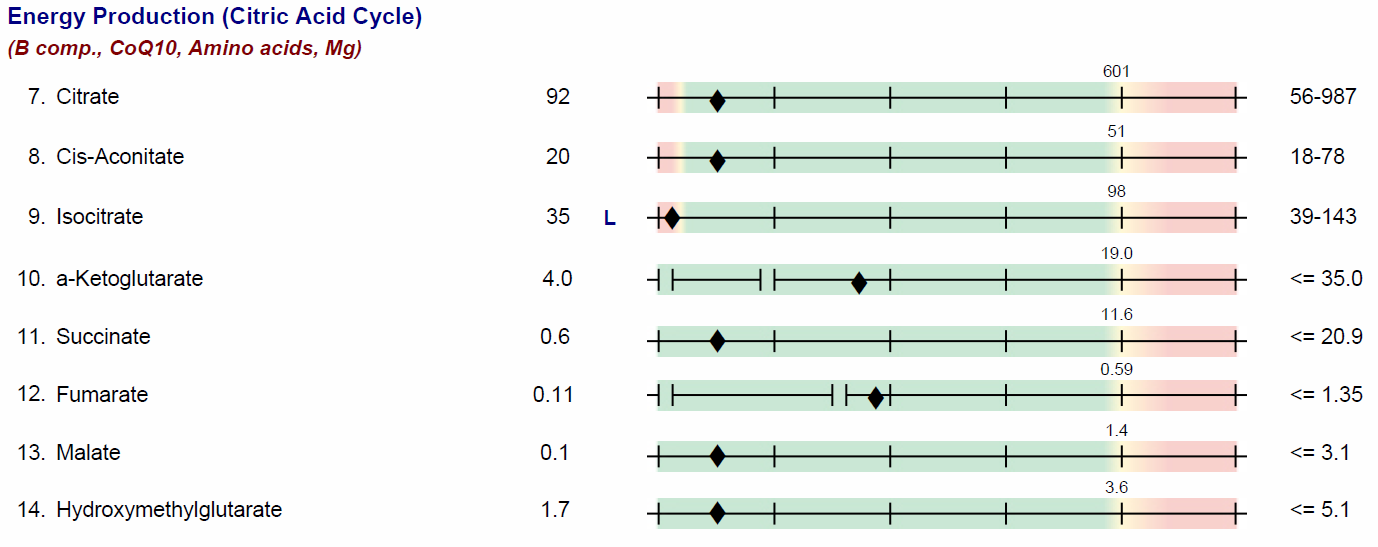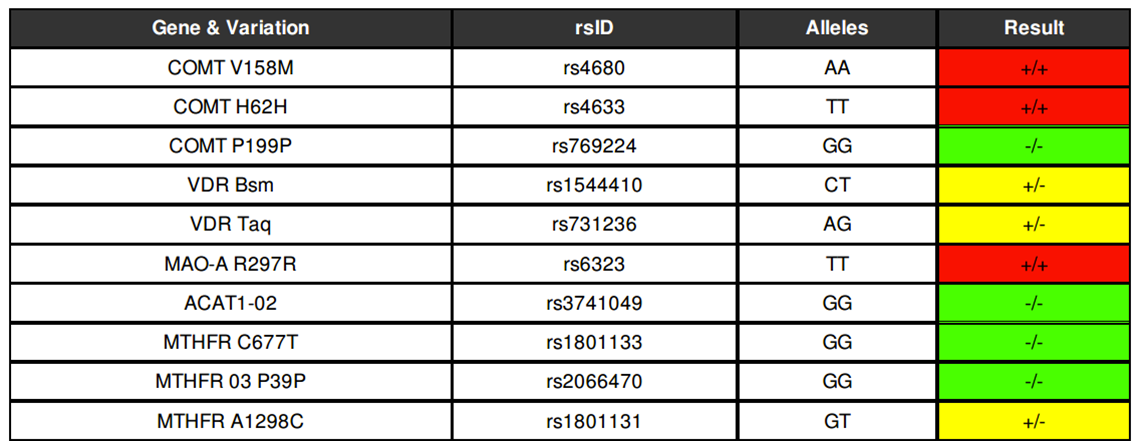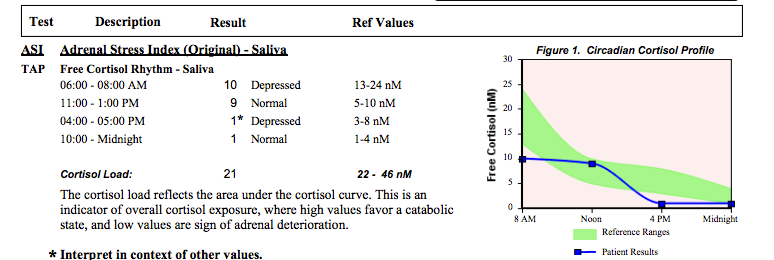
Meet Rick, a 27-year-old male student with a history of chronic anxiety. He felt anxiety every single day and sometimes for no apparent reason. He also reported depressed mood, low energy, poor digestive function, and struggles with motivation. He had already worked with numerous practitioners in both the conventional and alternative medicine space and had only achieved marginal results.
Rick had a habit of visiting Dr. Google multiple times per week and had by chance stumbled upon a webinar on Leaky Gut Syndrome. After seeing the list of associated symptoms and the factors contributing to leaky gut, he knew he had to dig deeper.
He mentioned that every single practitioner he worked with in the past tried a very similar approach – gave him supplements to calm him down, probiotics, multivitamins, and generalized adrenal support. There were few who addressed his diet and his lifestyle.
He did get some beneficial results working with these practitioners but most of the results were short-lived and he had a gut-feeling (no pun intended) that there was something being missed.
On the outside, Rick looked like a healthy young student but he had complained that it was always difficult for him to put on healthy weight and he could sleep all day if nobody woke him up. He also had no drive and would get overwhelmed very easily.
He was on the thinner side and had dark bags under his eyes. If he did have any excess weight on his body, it was around his waist. His diet was a standard student diet – lots of fast food and high-carb options. He used to drink several cups of coffee a day just for a slight boost in energy even though it made him feel sick afterward and left him jittery and anxious.
Assessing him using the Houston Medical and Pain Center, we evaluated which 6 pillars were involved in his case. We found significant dysfunction in his energy production, brain health, methylation, diet and digestion, and lifestyle.





